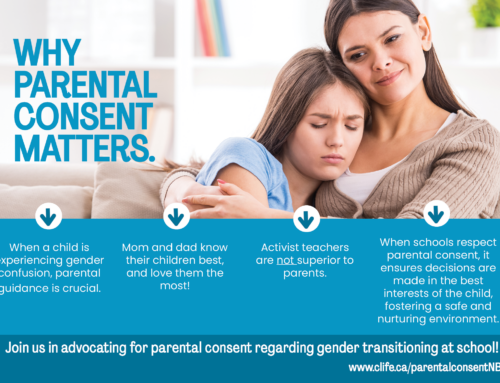The anguish of infertility doesn’t go away, but acceptance can lead to new hopes
I was talking to a lady in the waiting room at the doctor’s office. She told me how she was unable to have children, and I remember feeling very sad for her. I couldn’t imagine what it would be like not to have kids. My husband and I had recently married, and I was looking forward to our new life together – including, I hoped, about three or four kids.
I grew up in a family of six children, and I loved the noise and excitement, fighting and laughter inherent in a big family. I tried to say some words of comfort to this stranger, but felt so inadequate. I was just thankful I didn’t have her problem.
But reality has a way of creeping in when you least expect it, or want it. As the years went by, our dreams of having children became just that: visions of holding a dependent newborn who needed our nurturing and love; or watching a little girl cover her face with her first birthday cake; or running after the freckled, red-haired little boy as he got into some sort of mischief, true to his spunky Irish heritage – someone to whom we could teach the values of compassion, respect, honesty and kindness; who would grow into an adult that any parent would be proud of; who would make the world a better place because he had been born. Probably the same dreams all parents dream.
The doctor diagnosed our condition as unexplained infertility. I believe this is what made it so difficult to accept. Because it was unexplained, there was no known treatment. Maybe it was just a matter of time. Maybe it was stress. Maybe, maybe…
For me, it was like a death, the death of a dream. But not just any dream – the dream of a child who was real to me, the child I would never hold, or comfort, or caress, or sing to, or cry with, or cuddle. While the child was real in my mind and in my heart, the child did not exist to others. There is no physical funeral or wake to help put the child to rest, to help the parents grieve. No closure. And since it is unexplained, the grieving is continuous. How long do you hold onto hope? Maybe we’ll get pregnant next month. Maybe, maybe…
I remember the irony of one visit to the doctor during a time when I was quite depressed about the infertility. I was walking out of his office, teary-eyed, when I overheard him and the nurse whispering about some abortion rally. I also remember the irony of visiting the infertility clinic at the hospital, where people were spending all kinds of time, money, and more importantly, emotional fortitude trying to conceive a child, when in the same hospital, other women were undergoing abortions.
Two very different tragedies. And I can’t help but wonder if some of the problems we humans encounter in our lives can’t be solved if we work together in love. I am not saying that a woman should give up her child to an infertile couple to ease that couple’s pain. First and always, giving life to the unborn baby is the most important thing. But once that has been done, if a mother is unable to raise the child herself, then an infertile couple would be blessed with a child they always wanted.
Still, the problem is not totally gone. There are many painful issues in adoption and the birth mother needs love and support to help heal the pain. As will the adoptive child as she grows older. As will the adoptive parents. With all sides contributing in a spirit of love and concern for the other, I believe each person’s problem could work towards the other person’s solution. And I dream of the day when our society sees its many disparate problems as pieces of a greater whole.
In the meantime, I look to find meaning in my own pain. It’s been nine years now since my husband and I were full of hope and anticipation about creating a family together. But hope must at some time give way to acceptance – acceptance that your life is not what you had hoped for, that you must find new dreams to dream.




